|
Attention SAS Members!
Elections will be held October 1-30, 2024. SAS's leadership is looking forward to a high level of member participation in the voting!
Meet the nominees below:
President (select 1)
John Wasylyk
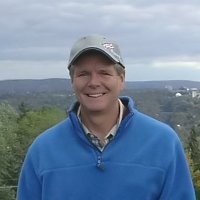
Vision for SAS
Over the years, SAS has been successful at maintaining a level of cohesiveness in the broad area of Spectroscopy, even during challenging times when membership, funding, and the lack of enthusiasm, press the Society. As we look to the future, that cohesiveness must continue as we are constantly witnessing advances in instrumentation, expansion of spectroscopy-based applications, the influence of ML and AI. Innovation, precision medicine, climate, materials research, renewable energy, just to name a few are all focus points. SAS must continue to evolve by leveraging the knowledge and approaches of all member societies. The addition of Applied Spectroscopy-Practica and a modernized website, are just the beginning of SAS forging ahead and leading from the front. As a group of sections, we must increase our interaction by keeping the Newsletter at the forefront, leverage the website to advertise meetings and ‘happenings’ with appropriate links to local sections, strive to encourage professors and their students to become members AND maintain membership by providing a value-added service. This will take planning and work, but the strength is in our numbers where we strongly encourage members to participate, even a little bit of time, in their local sections. I feel that a bottom-up with a top-down approach has the greatest chance of success. For example, bottom-up by offering virtual presentations at universities and mentoring offers; and top-down by getting the Newsletter into departments that have some degree of spectroscopy in their curriculum. Our creative thinking caps will help us succeed.
John's CV can be found here.
Governing Board (select 5)
|
Rohith Reddy
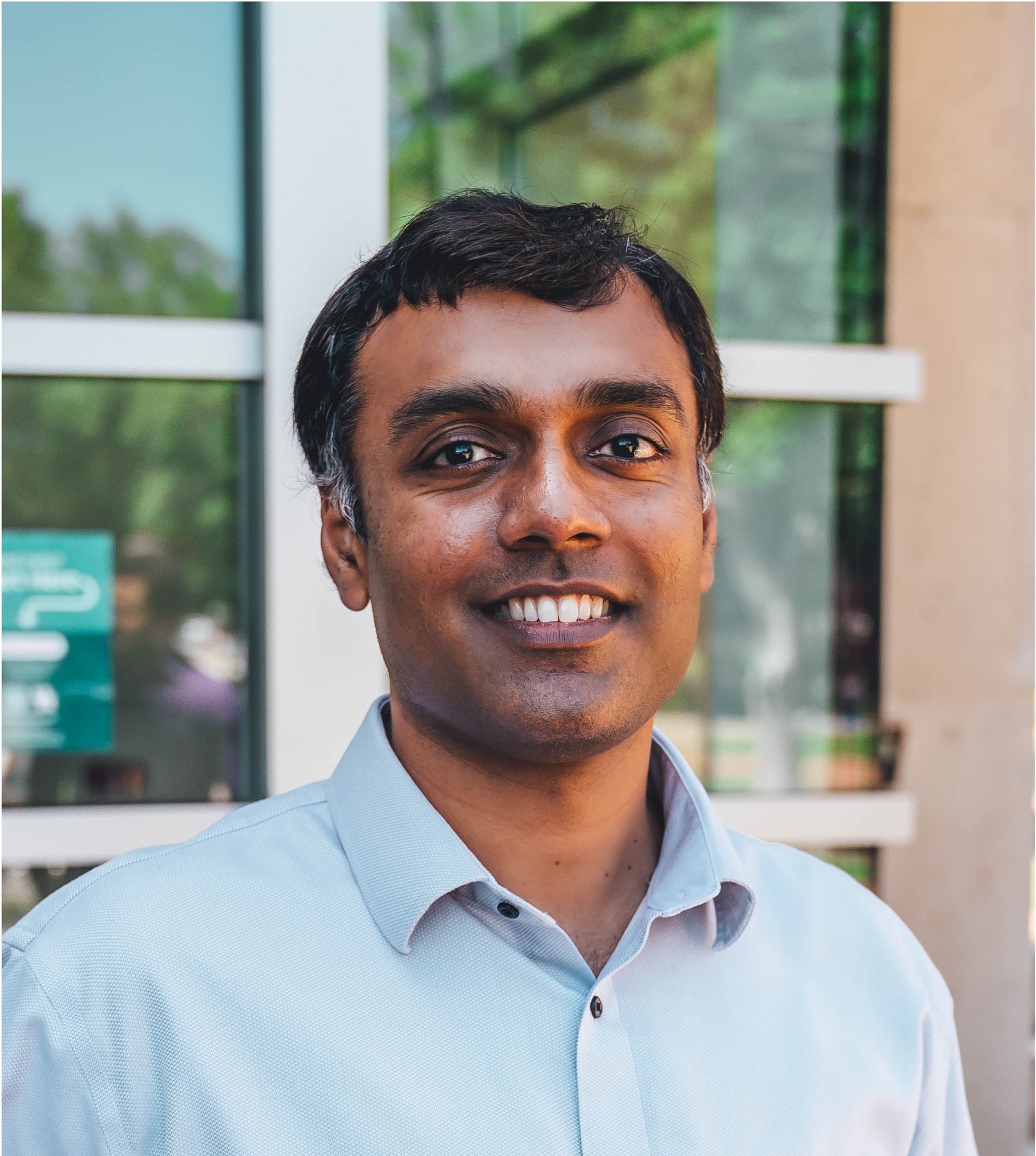
Dr. Rohith Reddy is an Associate Professor at the University of Houston. He earned his Ph.D. from the University of Illinois at Urbana-Champaign (UIUC) and holds a B.Tech from the Indian Institute of Technology (IIT) Madras. Following his doctoral studies, Dr. Reddy completed a postdoctoral fellowship under the mentorship of Dr. Gary Tearney at Harvard Medical School.
Dr. Reddy's research is centered on mid-infrared spectroscopic imaging (MIRSI) for biomedical applications. He leads the Medical Imaging with Lasers Laboratory, where his team is pioneering the development of new instrumentation and machine learning technologies to address critical challenges in biomedicine. His innovative techniques have advanced the spatiotemporal analysis of various conditions, including bone marrow disorders, kidney diseases, and gynecologic cancers.
Dr. Reddy’s earlier work played a crucial role in establishing MIRSI as a powerful tool for diagnosing prostate and breast cancers. During his time at Harvard, he focused on translating medical imaging technologies into clinical practice, culminating in the first-in-human clinical trials for a technology aimed at detecting esophageal cancer. His contributions have led to five patents and the adoption of improved infrared imaging instrumentation by multiple manufacturers.
Throughout his career, Dr. Reddy has received numerous accolades, including the Federation of Analytical Chemistry and Spectroscopy Societies (FACSS) Innovation Award (2012, 2016), the Tomas Hirschfeld Award (2012), the Society of Applied Spectroscopy Graduate Student Award (2011), the Coblentz Student Award (2011), the William G. Fateley Student Award (2011), and the prestigious Applied Spectroscopy William F. Meggers Award (2014) for outstanding work in spectroscopy.
His CV can be found here.
|
|
Dulasiri Amarasiriwardena
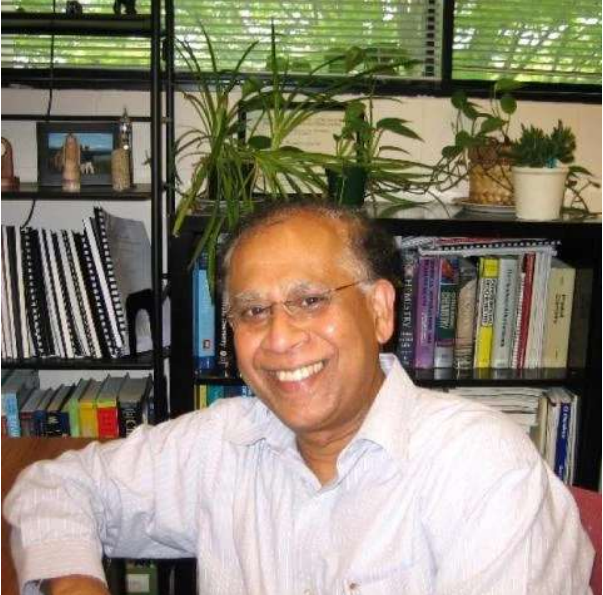
Dulasiri Amarasiriwardena, Emeritus Professor of Chemistry at Hampshire College, Amherst, Massachusetts, received his Ph.D. in Analytical Chemistry from North Carolina State University, and his M. Phil. (Chemistry) and undergraduate studies were completed at the University of Colombo in Sri Lanka. He also received a Postgraduate Diploma in International Affairs from Bandaranaike Center for International Studies, Sri Lanka. He teaches analytical chemistry, environmental chemistry, and general chemistry. Dula’s research is focused on the transport properties and the fate of trace metals and metal nanoparticles in soil and aquatic environments. This includes chemical speciation of arsenic and antimony, and characterization of trace metals bound to soil-derived humic acids by size exclusion chromatography (SEC) or ion chromatography (IC) coupled with inductively coupled plasma-mass spectrometry (ICP-MS). Dula is also interested in applying laser ablation (LA)-ICP-MS to investigate past trace metal nutrition and exposure to toxic metal pollutants using hard tissues such as human teeth and hair. He serves on the Editorial Boards of Environmental Pollution and Microchemical Journal. Dula is a member of the American Chemical Society and Sigma Xi Honorary Research Society. He was Chair-Elect (2007-2009) and Chair of the Society for Applied Spectroscopy – New England Section (2008-2009) and Lester W. Strock Award Committee – Society for Applied Spectroscopy (SAS), 2016-2017. He has received grants from the National Science Foundation and the Pittsburgh Conference. Professor Amarasiriwardena served as a Fulbright Specialist at the University of Concepción (2006, 2009, 2016) and the University of Tarapaca (2009, 2016) in Chile. Dula received the Gruber Award for Excellence in Students Advising at Hampshire College in 2014.
His CV can be found here.
|
|
Benjamin Maynard
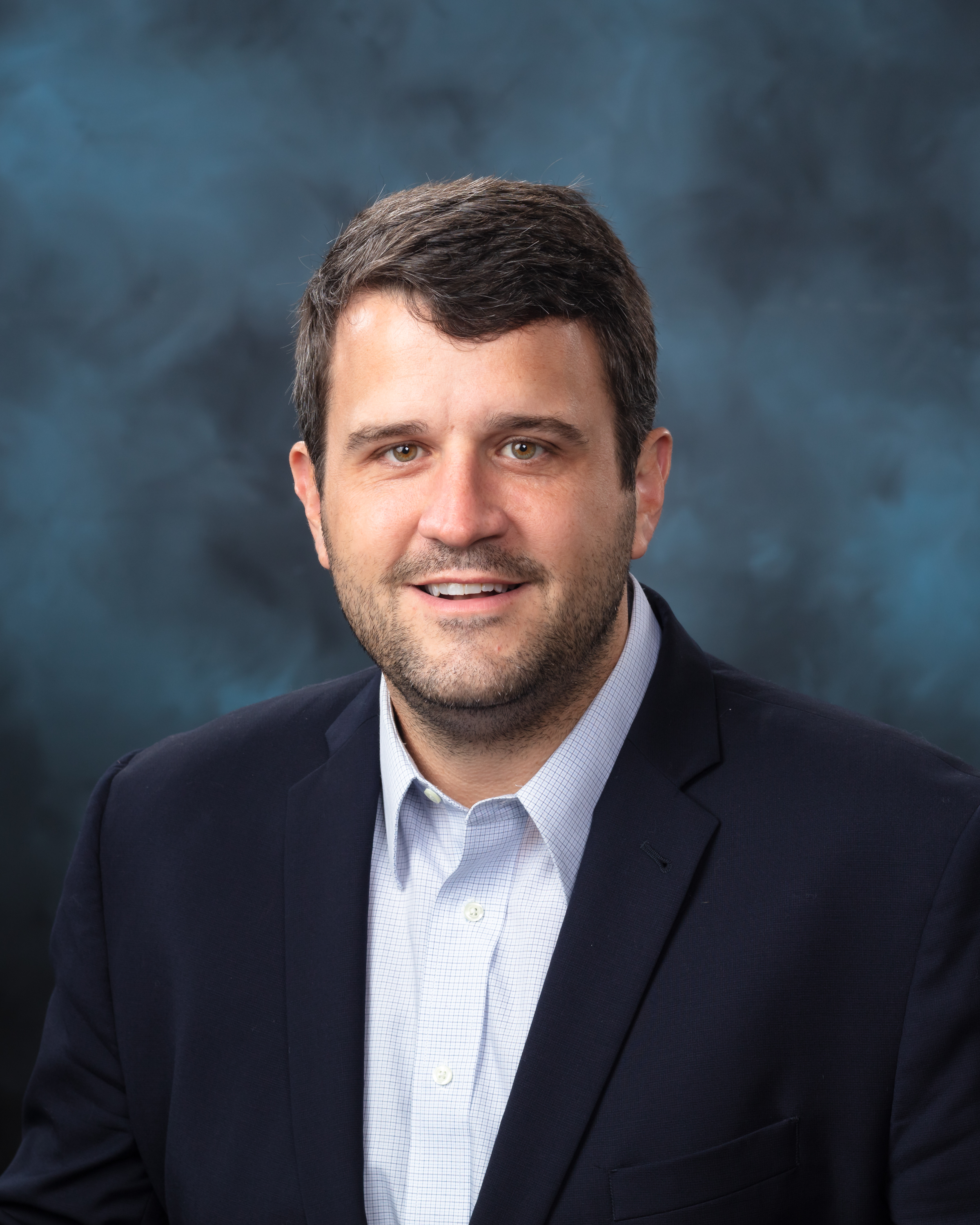
Benjamin T. Manard is a Senior R&D staff member and Group Leader of the Chemical & Isotopic Mass Spectrometry Group. He earned a Ph.D. in Analytical Chemistry at Clemson University (2014), during this time he had an appointment as a visiting scientist at Lawrence Berkeley National Laboratory for six months. Benjamin then completed a Glenn T. Seaborg postdoctoral research fellowship at Los Alamos National Laboratory in Los Alamos, NM. After his fellowship, Benjamin was converted to a Staff Scientist position at LANL in the same group (Chemistry-Actinide Analytical Chemistry). Upon arriving at Oak Ridge National Laboratory (2018), Benjamin has 10+ years’ experience with elemental and isotopic analysis of nuclear materials. His primary research efforts are directed toward improvements in elemental/isotopic methodologies including innovative sample introduction schemes (e.g., laser ablation, single particle, and microextraction) as well as novel detection strategies (e.g., collision/reaction cell).
Benjamin has been heavily involved with the Society for Applied Spectroscopy for the last 10+ years where he has served on the Executive Committee (Parliamentarian, 2015-202), Governing Board, and been on various committees including Nomination, Lester Strock, and Constitution and Bylaws. He also serves as the Atomic Spectroscopy Co-Chair for the SciX conference and is an Associate Editor for the Applied Spectroscopy Practica journal.
His CV can be found here.
|
|
Greg Klunder
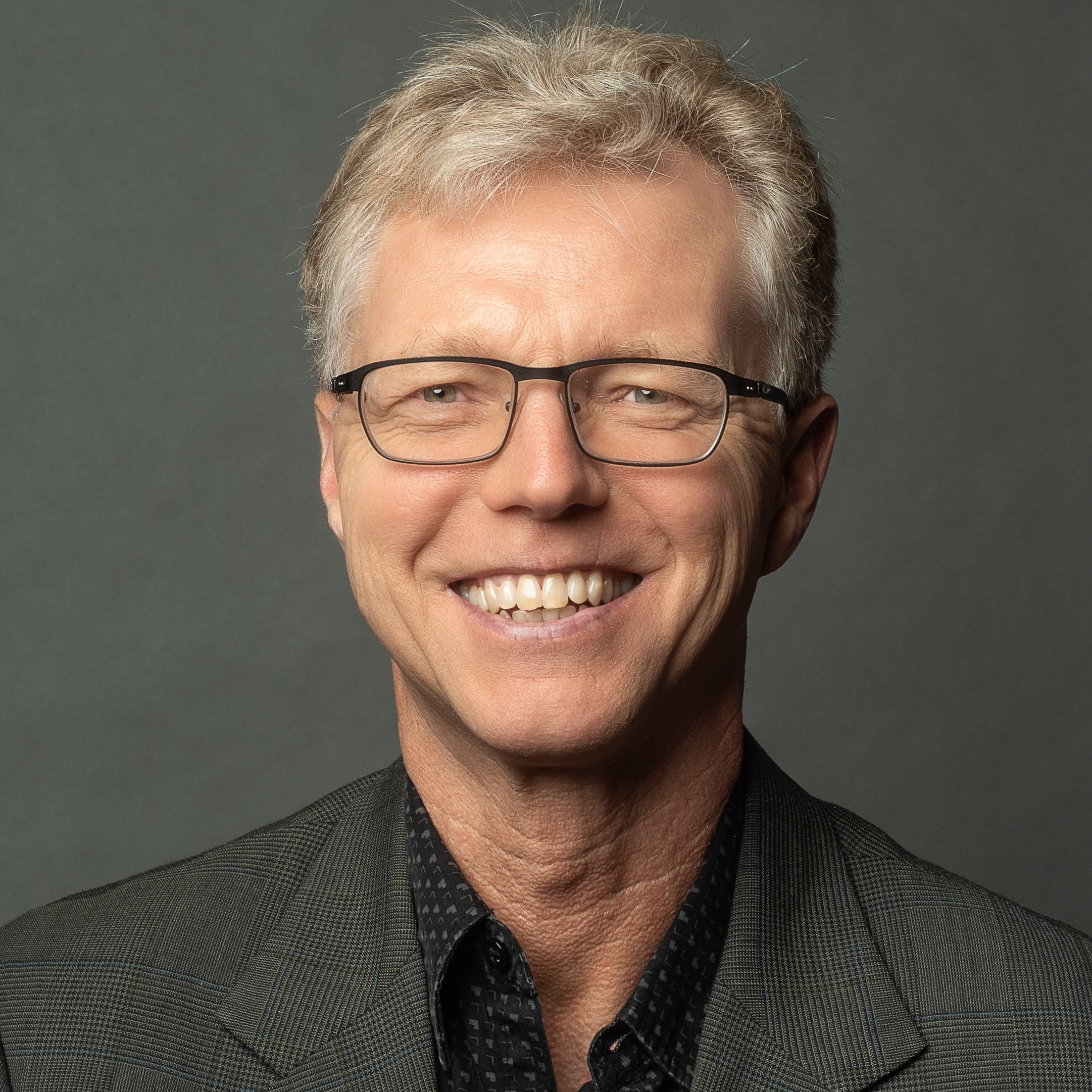
Greg received a B.S. in Chemistry in 1985 from Virginia Polytechnic Institute and State University (Virginia Tech) and a Ph.D. Analytical Chemistry from North Carolina State University in 1990. He then went on to postdoctoral positions at Lawrence Berkeley National Laboratory (LBNL) and Lawrence Livermore National Laboratory (LLNL) and has been a staff scientist at LLNL since 1995. He has experience in many areas of analytical chemistry with a primary focus on spectroscopic techniques in forensic and security applications. The Society for Applied Spectroscopy has played an influential role in his career from his first publication in Applied Spectroscopy to serving on the Governing Board and serving as SAS President. In addition, Greg has served in several roles with FACSS and SciX, the national meeting of the SAS. He is excited for the opportunity to serve on the SAS Governing Board again.
His CV can be found here.
|
|
Tatiana Trejos
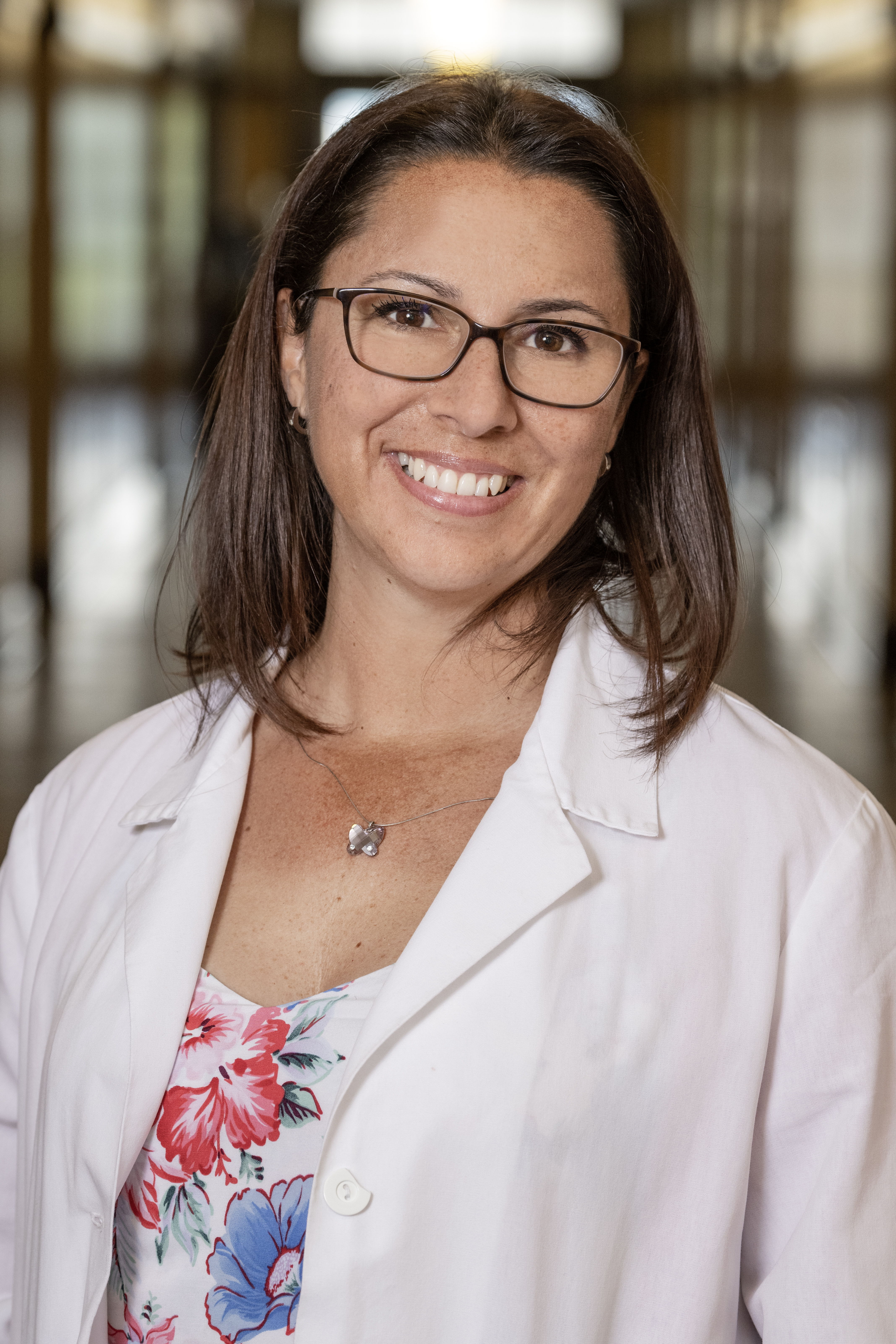
Dr. Tatiana Trejos is an Associate Professor of the Department of Forensic and Investigative Sciences at West Virginia University, where she mentors students in the undergraduate, master's, and doctorate programs. Dr. Trejos' main research includes the development and implementation of laboratory-based methods and field-testing, quality management and efficiency processes, statistical evidence interpretation, and the discovery of chemical signatures of forensic materials by spectrochemical methods, such as Laser-Induced Breakdown Spectroscopy, ICP-MS, Laser Ablation ICP-MS, SEM-EDS, µ-XRF, and Mass Spectrometry (GC-MS and LC-MSMS). Glass, tape, paints, polymers, inks, and gunshot residues are among the trace materials investigated in Dr. Trejos' laboratory.
Dr. Trejos’ research group enjoys significant partnerships with industry, academia, and law enforcement agencies across the United States, Latin America, New Zealand, and Europe. She has received over $4.5 million in funding from the U.S. Department of Justice, the National Institute of Justice, the US Department of State, the Department of Commerce, and industry partners.
Tatiana has authored 85 scientific publications and book chapters in the field of forensic and analytical chemistry and has aided as a program chair of scientific meetings and guest speaker at over 280 scientific venues. Dr. Trejos has received prestigious science and technology awards, and serves as a member of various scientific organizations, such as the ASTM E-30 committee, the NIST-OSAC Trace Materials and Ignitable Liquids, Explosives, & Gunshot Residue Subcommittees, the American Academy of Forensic Science, and the Society for Applied Spectroscopy. Tatiana is the Director of the American Society of Trace Evidence Examiners (ASTEE).
Her CV can be found here.
|
|
Pietro Strobbia
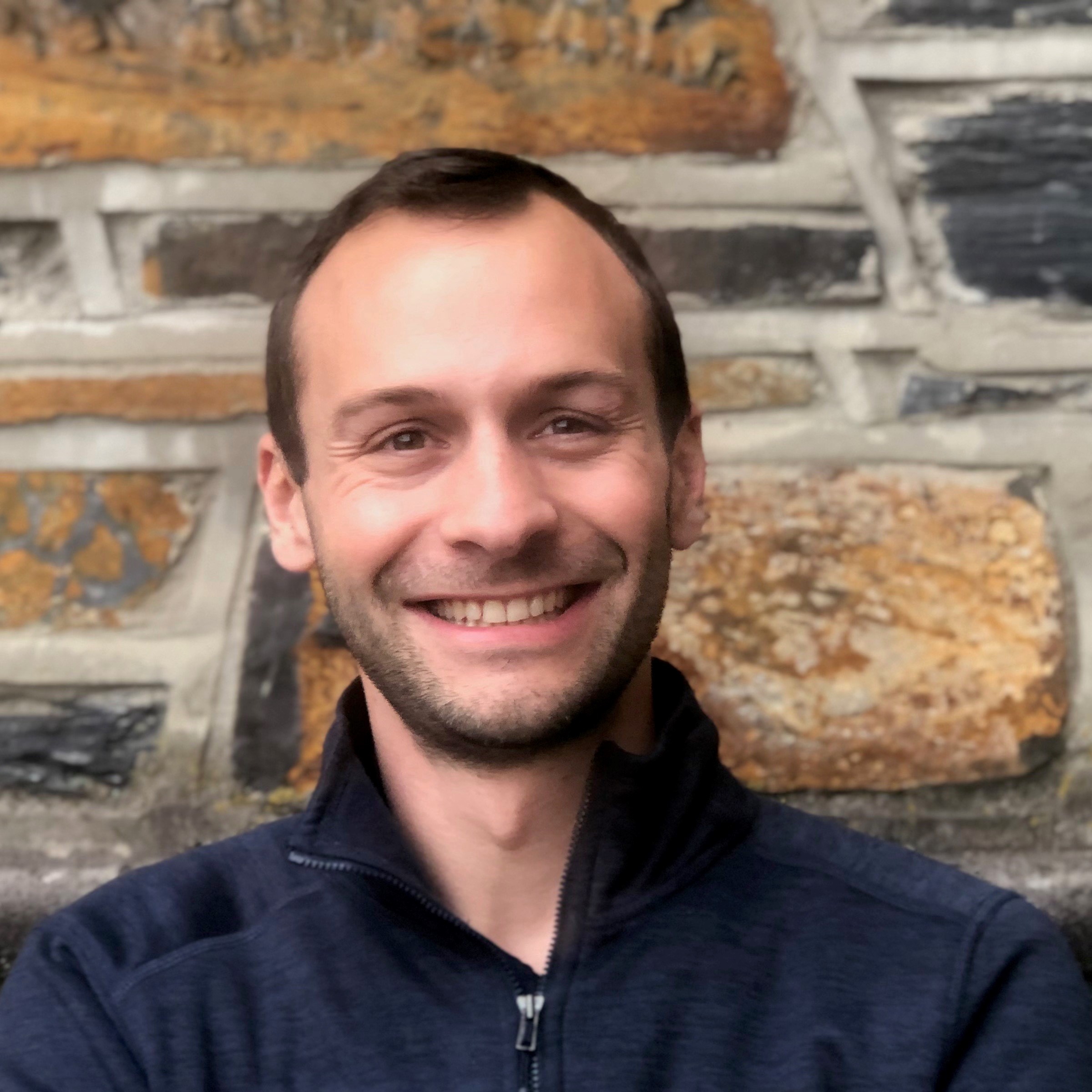
Pietro Strobbia is an Assistant Professor in the Department of Chemistry since August 2020. Pietro received his bachelor’s degree in chemistry from the Sapienza University of Rome (2011) and earned a Ph.D. in chemistry from the University of Maryland Baltimore County (2016). Prior to his appointment at UC, Pietro was a postdoctoral associate in the Department of Biomedical Engineering at Duke University.
Research in the Strobbia lab is largely directed towards bridging the gap between current state-of-the-art sensing technologies and the actual requirements for their application in clinical settings or in the field. Our group works on multidisciplinary projects leveraging expertise in optical systems and sensing technologies development, as well as on plasmonics and surface-enhanced Raman scattering (SERS). We apply this expertise to current relevant issues in clinical diagnostics and environmental analysis, with a particular focus on the development deployable technologies. Our long-term goal is to benefit the developing and developed world through the dissemination of new cost-effective and practical analytical tools.
His CV can be found here.
|
|
Alexis Weber
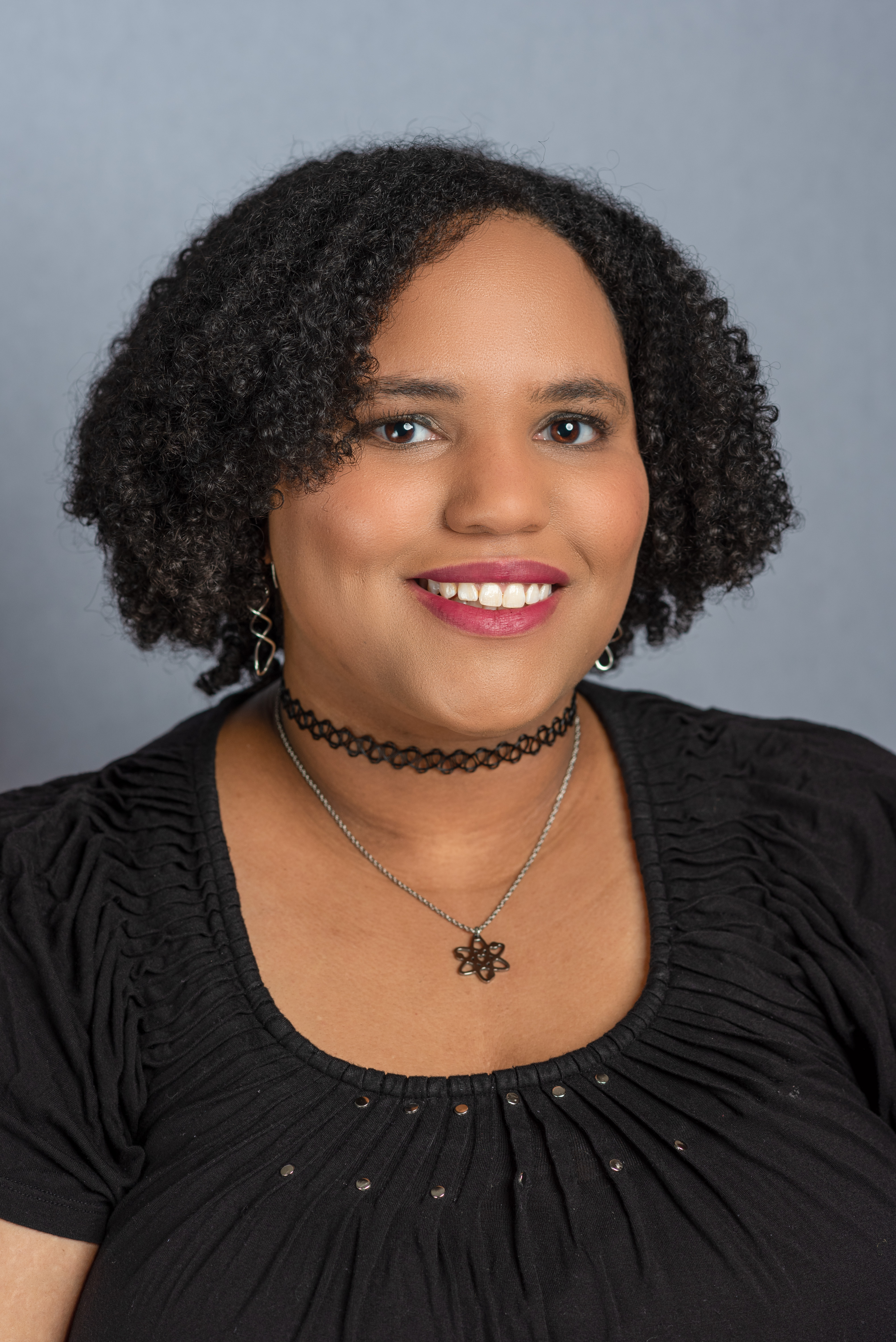
Alexis is the COO of the start-up company SupreMEtric LLC. She received her Doctoral Degree from the Chemistry Department at the University at Albany, SUNY. She received her B.S. from the University of Central Florida in Forensic Science – Analytical Track. Then going on to receive her M.S. in Forensic Science from the University of New Haven. Her research interests focus on the use of spectroscopy for forensic purposes, primarily the analysis of biological fluids and trace evidence. With this experience she has had a unique opportunity to balance being both a member of academia as well as learning about the science industry. Alexis is also the Chief Operating Officer of SupreMEtric LLC, a university spin-off start-up founded by Dr. Igor Lednev. This company focuses on the commercialization of Raman spectroscopy products paired with chemometrics to identify body fluids.
Her CV can be found here.
|
|
Hunter Andrews
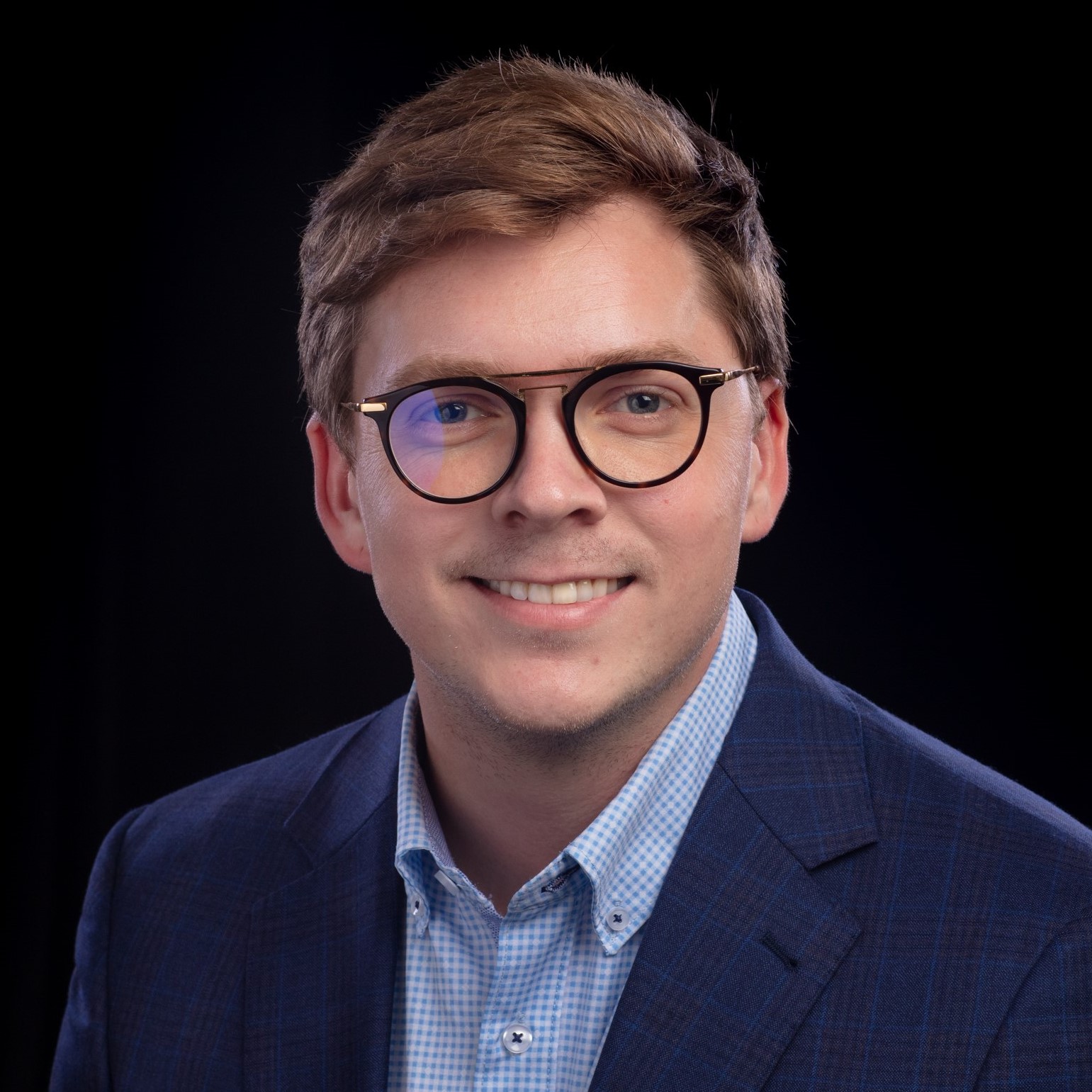
Hunter Andrews is an R&D Staff Scientist in the Isotope Applications Research Group within the Radioisotopes Science and Technology Division. He first joined ORNL as a postdoctoral researcher in the spring of 2020 and transitioned to staff in the summer of 2021. His research focus revolves around the development of in-situ, online monitoring tools for complex environments. His main expertise lies in optical spectroscopy, particularly laser-induced breakdown spectroscopy (LIBS), a rapid form of spectroscopy capable of elemental analysis regardless of sample form. Other research interests include analytical chemistry, electrochemistry, spectroelectrochemistry, neutron imaging, molten salts, inorganic mass spectrometry, chemometrics, and machine learning.
Dr. Andrews received his Ph.D. in Mechanical and Nuclear Engineering from Virginia Commonwealth University in 2020. His graduate research focused on the near-real time material detection through combined implementation of electrochemistry and LIBS for molten salt systems.
His CV can be found here.
|
|
Robert Chimenti
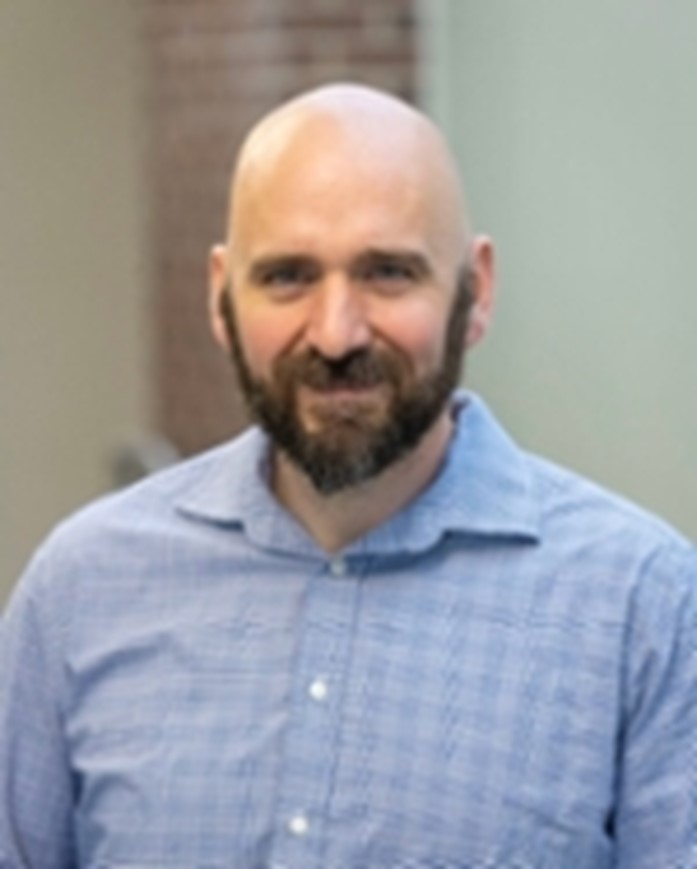
Robert V. Chimenti is an Assistant Professor and the Photonics Coordinator with the Department of Physics & Astronomy and the Advanced Materials & Manufacturing Institute (AMMI) at Rowan University. He earned a PhD in Materials Science and Engineering from Rowan University and an MS in Electro-Optics from the University of Dayton. Before transitioning to academia in 2019, Prof. Chimenti had a successful career in the laser and spectroscopy industry, working for companies such as Innovative Photonic Solutions and B&W Tek. During that time, he helped to commercialize many Raman product lines that are still on the market today. Prof. Chimenti’s current research is primarily centered around novel applications of Raman spectroscopy with a particular focus on polymer physics, thermal analysis, and structural kinetics. He is also heavily involved in the development of 3D printing methodologies for polymeric GRIN optics as well as novel SERS and OECT based sensing platforms. Prof. Chimenti spearheaded the launch of Rowan’s Photonics Master’s degree program, and as a community college graduate, is a passionate champion of alternate pathways for non-traditional students. He currently serves as the co-PI for Advancing Photonics Technologies (NSF Engine Development Award #2306326) and serves on the PhotonicsNJ Board of Trustees. Over the past seven years, Prof. Chimenti has also been heavily involved in the organization and management of the SciX conference, having served as the SciX General Chair (21), SciX Workshops Chair (17-20), FACSS Careers Chair (22-23), and Low-Frequency Raman Session Chair (23-present).
His CV can be found here.
|
|










